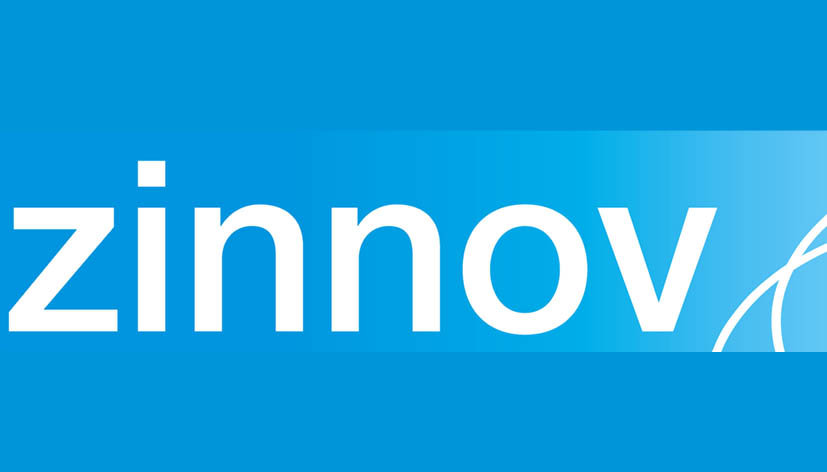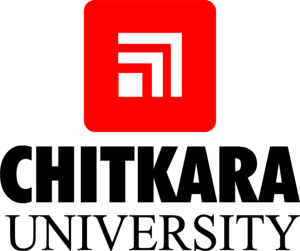Organizations are contemplating operating at full capacity only once a vaccine is commercially available
– 50% of GCCs to defer travel for all employees for at least 4-5 months; however, some GCCs to take a call on a case-by-case basis, depending on criticality of travel
Zinnov, a leading global management and strategy consulting firm, released the findings of its study titled, “Back to Office Strategy for GCCs,” today. The study explores how different global organizations are outlining their back to office strategy since the government-mandated lockdown has been lifted across the country. Zinnov’s analysis estimates that only about 12% of Global Capability Centers (GCCs) will function with more than 50% of their workforce at offices by the end of 2020 or even early 2021. GCCs have formulated extensive plans to bring back employees, with strict travel guidelines, COVID-19 tests, transport facilities, social distancing measures, and adequate precautions per WHO and the government-outlined mandates in place to ensure safety of the workforce.
The study also revealed that GCCs have outlined clear criteria to bring employees back to office like criticality of function and nature of work, city/state-wise lockdown restrictions, business objective and need, challenges related to local commute, and health and personal conditions. Willingness of the employees is the biggest consideration that almost all GCCs are taking into account when planning their strategies. Some of the best practices being incorporated across GCCs include dividing the entire workforce into 2-3 groups and following daily/weekly schedule for individual groups/teams, limiting the entry and exit points to 1-2 across buildings, etc. Most GCCs are anticipating operating at full capacity only once a vaccine is commercially available.
A significant number of GCCs are planning for a phased back to office workforce ramp up. This is spread across four broad phases. The first phase, which is during 2-4 weeks post Unlock 1.0, the focus has been on bringing essential staff back to office. This essential workforce can range anywhere between 2-10% of the entire site strength. The second phase, which is 4-8 weeks post lockdown, GCCs are expecting to have 15-25% of their workforce working from office, with social distancing measures in place. Around 25-35% of employees working from office is what is expected in 8-12 weeks post lifting of lockdown restrictions – a phase which will be based on how the initial two months were managed. However, some GCCs have declared work from home till the September/October timeframe to minimize the risk of exposure, noted Zinnov.
GCCs also have a playbook to bring back outstation employees. Zinnov’s research revealed that nearly 63% of GCCs are expected to ask their outstation employees to home quarantine themselves for a minimum of 14 days once they are back in the central location. Additionally, ~8% of GCCs are expected to test their employees for COVID-19 with rapid test kits, before they come back to office. Even though lockdown restrictions have been lifted, there are limited options of mass transport in most cities across the country. Owing to this, an overwhelming 96% of GCCs are expected to encourage employees to use self-owned vehicles wherever possible, with around 8% of them providing fuel reimbursements as well. However, for employees without self-owned vehicles, about 66% of GCCs will provide company shuttle services, either free of cost or at subsidized rates.
Amidst having employees back in office, GCCs are also restarting hiring, both campus as well as lateral hiring. Nearly 33% of GCCs are back to hiring from campuses, with an additional 20% planning to restart hiring in the next 3-6 months. However, ~46% of organizations are still undecided on when they will restart campus hiring. On the lateral hiring front, more than 60% of GCCs are continuing with their original plans, albeit virtually. In fact, COVID-19 hasn’t impacted the workforce planning for experienced talent for these GCCs.
About Zinnov
Founded in 2002, Zinnov is a leading global management and strategy consulting firm, with presence in Santa Clara, Houston, Bangalore, Gurgaon, and Paris. Over the past 18 years, Zinnov has successfully consulted with over 250+ Fortune 500 enterprises and technology companies to develop actionable insights that help them create value – across dimensions of both revenue and optimization. With core expertise in Product Engineering, Digital Transformation, Innovation, and Outsourcing Advisory, Zinnov assists clients by:
• Enabling global companies to develop and optimize a global engineering footprint through center setups, and technology and functional accelerators to achieve higher R&D efficiencies, innovation, and productivity;
• Advising global PE firms in asset shortlisting and target evaluation, commercial due diligence, and value creation;
• Growing revenue for companies’ products and services in newer markets through account intelligence, market entry, and market expansion advisory;
• Structuring and implementing Digital Transformation levers enabled by technologies like AI/ML, Cloud, IOT, and RPA;
• Helping global companies outline and drive their open innovation programs, design and operate accelerator programs, and enable collaboration with start-ups across specific use cases and predefined outcomes.
With their team of experienced consultants, subject matter experts, and research professionals, Zinnov serves clients from across multiple industry verticals including Enterprise Software, BFSI, Healthcare, Automotive, Retail, and Telecom in the US, Europe, Japan, and India.
For more information, visit http://zinnov.com.




